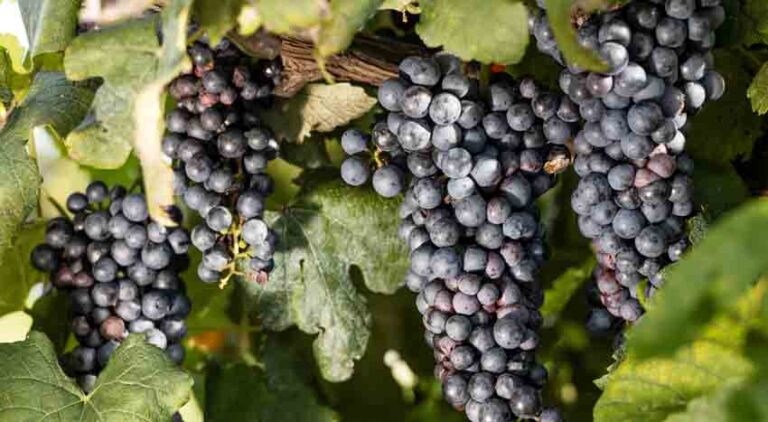FLORIDA — Researchers at the University of Florida’s Institute of Food and Agricultural Sciences (UF/IFAS) are harvesting their first crop of potentially disease-resistant wine grapes in Florida.
The first crop, grown at the UF/IFAS Plant Science Research and Education Unit, reportedly showed no signs of Pierce’s disease. The grape variety, developed by the University of California Davis, is said to be resistant to the disease.
UF researchers, led by associate professor Ali Sarkhosh, are working to prove that these grapes can thrive in Florida’s climate, which could help expand the state’s wine industry beyond muscadine wine, which is typically easier to grow in Florida.
“We see these grapes are doing well,” Mr Sarkhosh said.
“It is very exciting. It could be a really great opportunity for agro-tourism.”
Pierce’s disease, caused by bacteria spread by insects, has long been a challenge for grape growers, particularly in hot, humid regions like Florida. The disease blocks water vessels in the vines, leading to severe water stress and vine death.
Each year, it costs vineyards hundreds of millions of dollars.
There is no method to fully prevent the disease, making genetic resistance essential for grape growers in such climates.
Florida’s grape-growing regions, which include Northwest Florida, Central Florida near Orlando and Ocala, Northeast Florida around St. Augustine, and parts of Southern Florida, are primarily known for muscadine grapes. These regions have long adapted to Florida’s challenging environment, where the heat and humidity favor muscadine grapes.
The new disease-resistant grape variety could open the door for vineyards in these regions to diversify beyond muscadine and potentially expand their wine offerings.
In the 1920s, grapes were widely grown in Florida, but Pierce’s disease, along with other factors, devastated the industry. The disease causes leaves to wilt and fall off while the grapes shrivel. Farmers are encouraged to remove infected plants to prevent further spread.
By developing disease-resistant grape varieties, Florida farmers may have more options for grape production. Mr Sarkhosh’s research was reportedly funded by the Florida Department of Agriculture and Consumer Sciences’ viticulture program.








